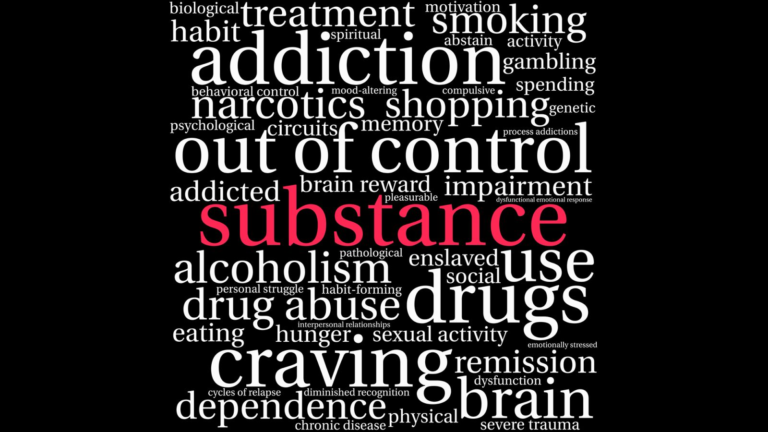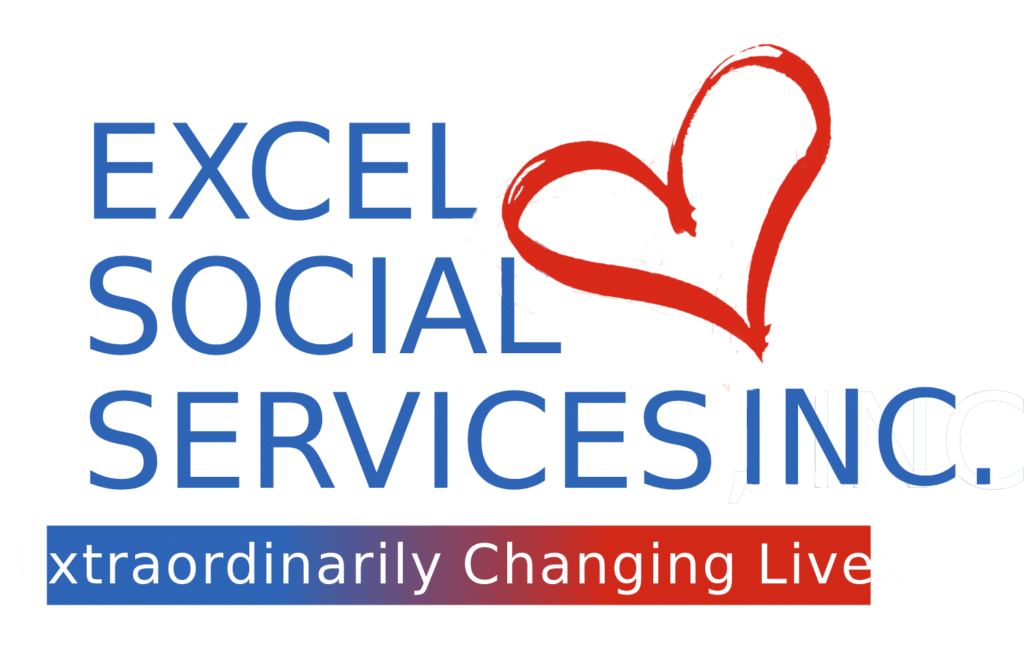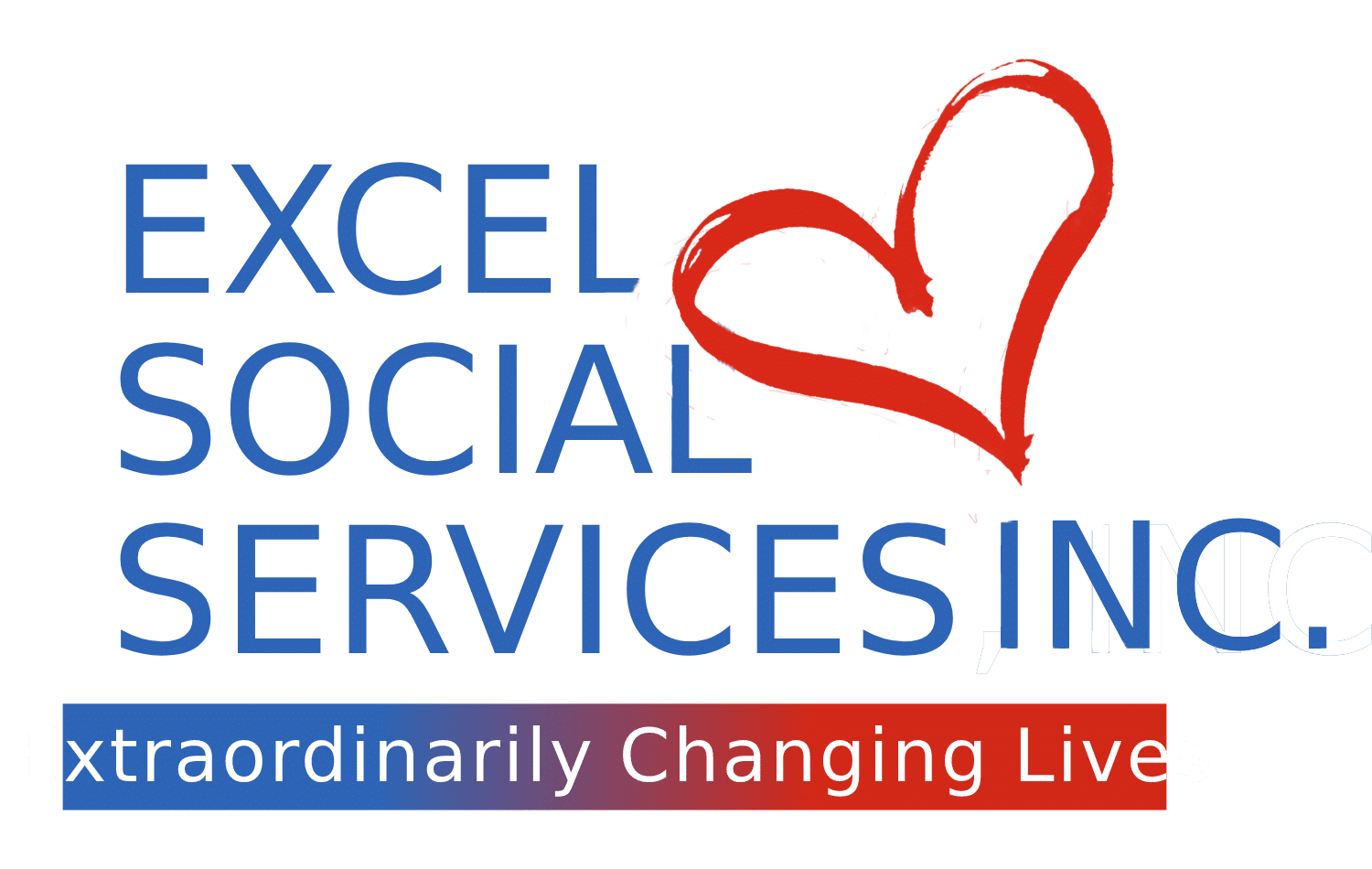Substance Abuse Counseling
Substance abuse counseling is a combination of treatment and support to help people break free from drug or alcohol addiction.
This specific type of therapy is often a key part of rehabilitation programs so clients can overcome substance dependence mentally and emotionally.
Clients will work with a licensed clinician or substance abuse counselor in a clinical setting to address issues like mental health, behavior patterns and treatment options.
Substance abuse counseling may involve:
• Talk therapy sessions
• Discussing the causes of addiction
• Positive coping strategies
• Developing treatment goals and plans
• Practicing skills and behaviors necessary for recovery
• Recommendations for 12-step programs or group

Goals and Objectives
Personal safety is the first priority in any counseling or medical setting. After a full psychological evaluation is completed, treatment can begin. The crucial first step in substance abuse treatment is medical detox, where your body can rid itself of drugs or alcohol. Once you’re stabilized and working past physical addiction, you and your counselor can begin to define your goals and objectives for therapy, which will be based on your:
• Mental health diagnosis
• Social needs (e.g., family relationships, friendships, etc.)
• Goals for recovery and beyond (e.g., independent living, a return to a former career, etc.)
• Situational threats to your ability to remain sober (e.g., underlying behavioral disorders, learning disabilities, physical disabilities, chronic disorders, etc.) With defined goals and objectives, you and your counselor can begin working on the psychological and emotional issues that influence your substance use disorder
Substance Abuse Treatment for Co-occurring Disorders
According to the Substance Abuse and Mental Health Services Administration (SAMHSA), nearly 9.2 million Americans suffer from co-occurring disorders (e.g. mental health conditions) alongside a substance use disorder. Substance abuse treatment at Excel Social Services includes a dual diagnosis process to identify co-occurring disorders so that mental health counseling can be integrated accordingly. For many clients, the two diagnoses (substance abuse and mental health disorder) are deeply intertwined, requiring simultaneous treatment. Substance abuse treatment for people with co-occurring disorders begins with a baseline of information taken to identify the issues at hand. With the therapist, the patient can create goals they would like to reach over the course of counseling sessions.
Don’t let a substance use disorder ruin your life. If you’re seeking substance abuse counseling services or want to find out more about treatment at Excel Social Services, help is available. Contact us today to get started on the road to healing.

